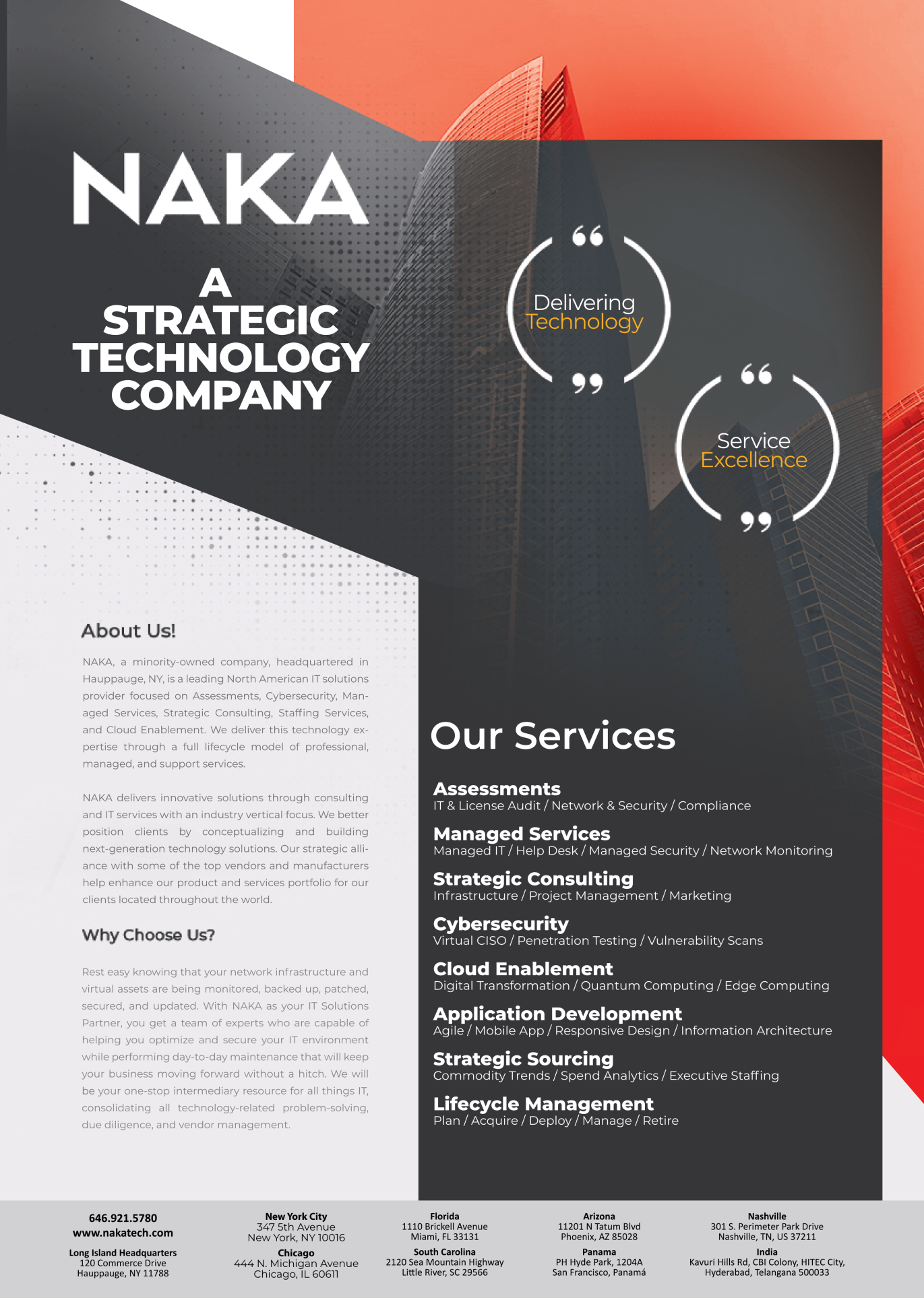Advantages of Managed Cloud Services for SMBs

Advantages of Managed Cloud Services for SMBs
Agility, cost-effectiveness, and security are key business drivers, managed cloud services have become increasingly beneficial for small to medium-sized businesses (SMBs). Leveraging managed cloud solutions enables SMBs to operate more efficiently, innovate faster, and stay competitive in their industries. Here’s a comprehensive look at the main advantages managed cloud services offer SMBs.
1. Cost Efficiency
For SMBs, managing capital expenditures is essential. Cloud infrastructure eliminates the need for extensive hardware investments, reducing the financial burden of purchasing and maintaining physical servers and related infrastructure. With managed cloud services, companies can avoid upfront costs and instead pay a predictable monthly fee for cloud resources and support, which is particularly beneficial for businesses with tight budgets or fluctuating revenue streams.
Key benefits of cost efficiency include:
- Predictable Costs: Managed cloud providers offer tiered pricing models that allow businesses to only pay for what they use.
- Reduced Hardware Needs: Managed services eliminate the need for in-house IT infrastructure and associated maintenance costs.
- Operational Expenditure vs. Capital Expenditure: Switching to an operational expenditure (OpEx) model allows for better financial planning.
2. Enhanced Security
Security is a top concern for SMBs, which may lack the resources for extensive cybersecurity protocols. Managed cloud providers offer sophisticated security tools and practices, such as encryption, access control, and regular compliance checks, ensuring that data is securely stored and accessible only by authorized users.
Security features commonly provided include:
- Data Encryption: Ensuring data is secure in transit and at rest.
- Identity and Access Management (IAM): Allowing companies to control who can access what resources.
- Regular Backups and Recovery Plans: Managed cloud services typically include routine backups and robust recovery solutions to prevent data loss.
3. Scalability and Flexibility
With traditional infrastructure, scaling up operations requires purchasing additional hardware, which can be costly and time-consuming. Managed cloud services offer scalability that allows SMBs to adjust their resources as needed, without the hassle of physical adjustments. Businesses can scale up during periods of high demand or scale down when resources aren’t required, optimizing costs and resources.
Advantages of cloud scalability include:
- Quick Resource Allocation: Resources like storage and computing power can be adjusted almost instantly.
- Adaptability to Business Needs: Companies can expand services, applications, or capabilities without making significant upfront investments.
- Cost Management: Scaling with managed cloud services ensures you’re only paying for what you need when you need it.
4. Access to Expert Support
Managed cloud providers offer dedicated support and technical expertise that would be challenging for SMBs to build in-house. This access to expert support ensures that SMBs receive guidance, troubleshooting, and proactive management of their cloud environments.
Key benefits of expert support include:
- 24/7 Monitoring and Management: With around-the-clock oversight, businesses can minimize downtime and maximize operational efficiency.
- Proactive Maintenance: Regular system updates and preventive maintenance help avoid issues before they become disruptive.
- Access to New Technologies: Managed cloud providers keep businesses up-to-date with the latest in cloud technology, from security upgrades to software optimizations.
5. Improved Business Continuity
Natural disasters, data breaches, and other unforeseen events can jeopardize business continuity. Managed cloud services incorporate disaster recovery solutions that ensure critical business data is safely stored and easily retrievable in the event of a disruption. This approach enables businesses to continue operating with minimal downtime and impact on customers.
Advantages of managed cloud for continuity include:
- Automated Backups and Recovery: Many managed cloud services offer automated backups and quick recovery options.
- Geographically Redundant Data Centers: By storing data across multiple locations, managed services provide added security and faster recovery.
- Guaranteed Uptime and Reliability: Managed providers often offer Service Level Agreements (SLAs) that guarantee uptime, providing peace of mind for SMBs that their data is always accessible.
6. Enhanced Collaboration and Remote Work Capabilities
Cloud technology makes it easier for SMBs to adopt flexible work environments. Managed cloud services enable secure access to data and applications from any location, promoting remote work and collaboration among team members. This flexibility is particularly valuable in today’s hybrid work landscape.
Collaboration benefits of managed cloud include:
- Real-Time Data Access: Employees can access up-to-date information from anywhere, ensuring alignment and collaboration.
- Integrated Collaboration Tools: Cloud solutions often include tools for file sharing, communication, and task management.
- Security for Remote Access: Managed cloud services provide security measures for remote access, reducing the risk of data breaches.
7. Focus on Core Business Activities
For SMBs with limited internal IT resources, managing complex cloud infrastructure can detract from core business functions. Managed cloud services allow businesses to focus on their primary goals without worrying about the technical aspects of cloud management. This shift enables SMBs to allocate their internal resources to growth and innovation rather than IT management.
Core focus benefits include:
- Reduced Administrative Burden: With outsourced IT management, internal teams are free to focus on strategic objectives.
- Increased Efficiency: Cloud providers handle routine updates and maintenance, ensuring systems are always optimized and secure.
- Access to Custom Solutions: Managed cloud providers can tailor their services to fit the specific needs of a business, further aligning with business goals.
Conclusion
Managed cloud services offer SMBs a powerful combination of flexibility, security, and cost savings, allowing them to compete with larger enterprises while staying focused on growth and innovation. With the right managed cloud partner, SMBs can leverage cloud technology to operate more efficiently, enhance security, and ensure continuity. For SMBs seeking a strategic advantage in today’s digital-first world, investing in managed cloud services can be a transformative step forward.



